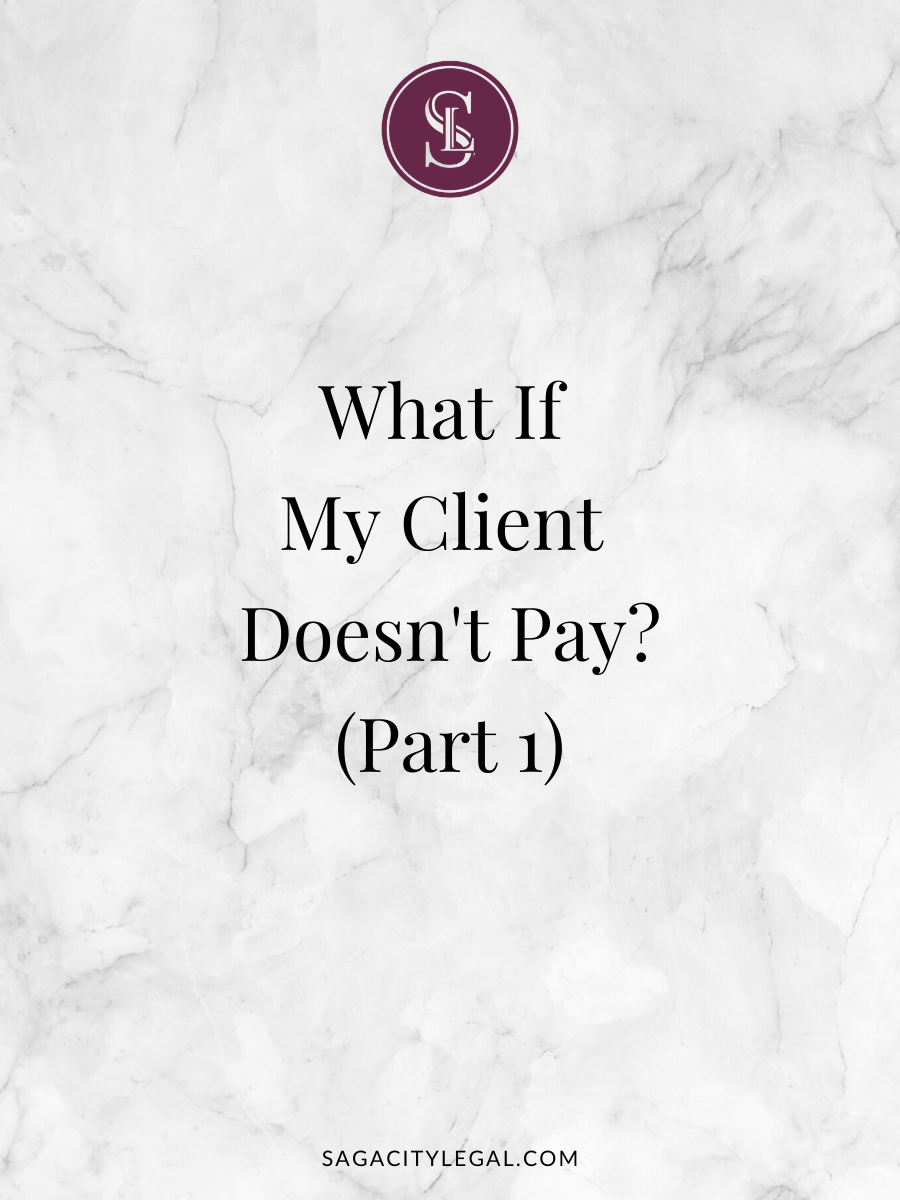
In this fast paced, technology-based economy, transactions with clients are often made with a verbal agreement, handshake, or even text message. I call the beginning of such a relationship “the honeymoon phase.”
For service-based businesses, you are selling knowledge and experience borne out of many years working in your field. The value you provide to your clients is completely your time, energy, and expertise. You take pride in helping your clients be successful, and trust that they will pay you for that value.
Emotional Fatigue
Unfortunately, as time passes, misunderstandings in responsibilities, payment, and other important terms may occur.
When a client does not pay for your services, the emotional anxiety and stress is palpable. You did your part, helped the client, and when they don’t pay you feel totally taken advantage of. How will you pay your operational bills? Will other clients not pay also?
What you thought was a mutually beneficial relationship is suddenly shattered.
Emotional Fortitude

Rather than worrying constantly about client payment, strengthen your emotional fortitude from the very beginning by protecting your client relationships with the right agreement at the right time, allowing you the peace of mind to focus on your day to day growth.
What does the “right agreement” mean?
Step One: Have a Client Contract
That’s right, you need a written agreement signed by your client on Day One. Do NOT perform any services without a signed contract.
So many service-based businesses don’t see the necessity. Trust me – the first time a client doesn’t pay, you’ll wish you had a contract.
Step Two: Specify Fee Structure
Your contract should specifically detail how much you charge for your services. Make it clear what the client gets for their money. A prepayment in some service industries is a great safety net.
Step Three: The “In Case They Don’t Pay” Terms
Your contract should include in detail and in proper legal terminology:
- Payment terms: when payment is due and the penalty if late
- Collections: if they don’t pay, they reimburse you for your collections costs
- Dispute Resolution process: What state’s venue? Resolved by mediation, arbitration, or directly to lawsuit?
- No guarantee of success: make it clear the client pays you even if the service is not successful in their opinion.
With the right contract signed, (prepared by the right attorney of course) you will have the peace of mind that your hard work is protected and secure. It’s your insurance policy “just in case.”
The newly found confidence that your business is protected will allow you to focus on what you want to accomplish, experiencing the joy of entrepreneurship to its fullest.
Stay Tuned
In Part 2 of Why Doesn’t My Client Pay, I’ll discuss how to strengthen your Legal Fortitude in the case that a client misses a payment.
Do you need help to build your emotional and legal fortitude with client contracts? If you are a Florida business, I can help. Contact me here.
Want to take the first step to legally securing your success? Get your Free Ebook today!


leave a comment on this post.